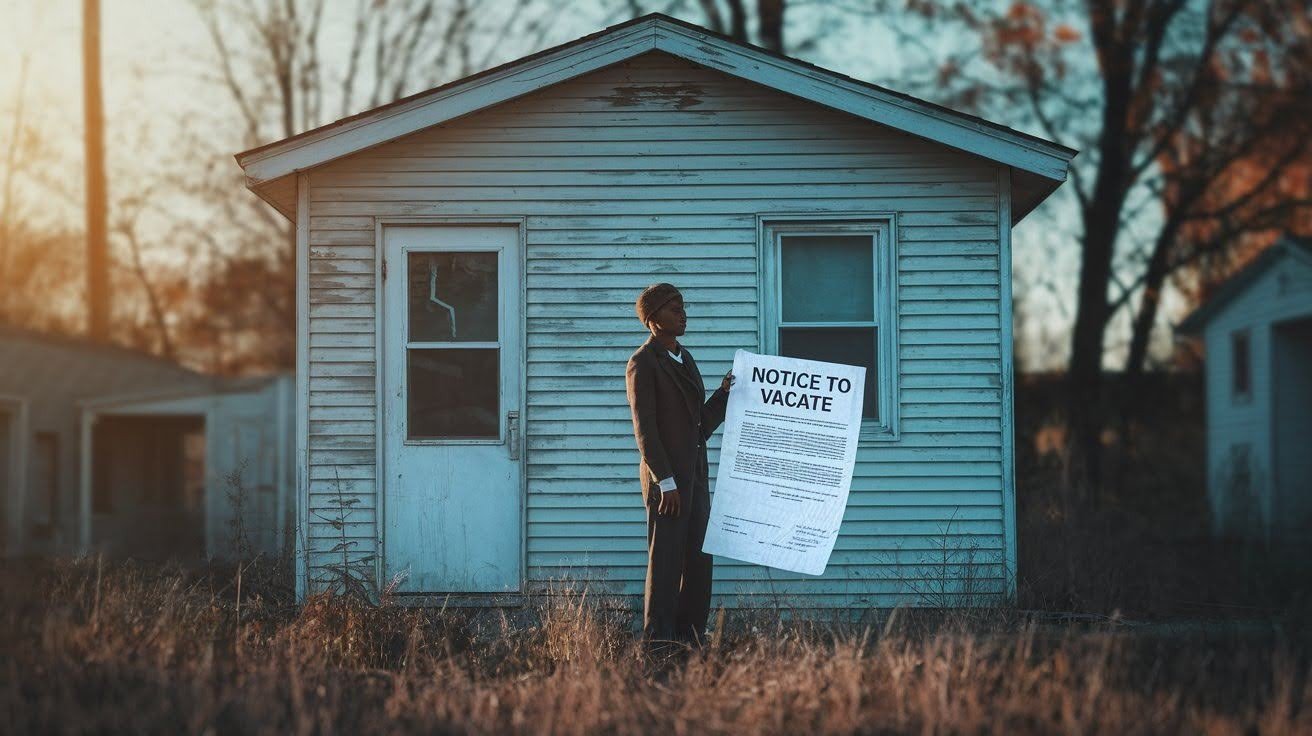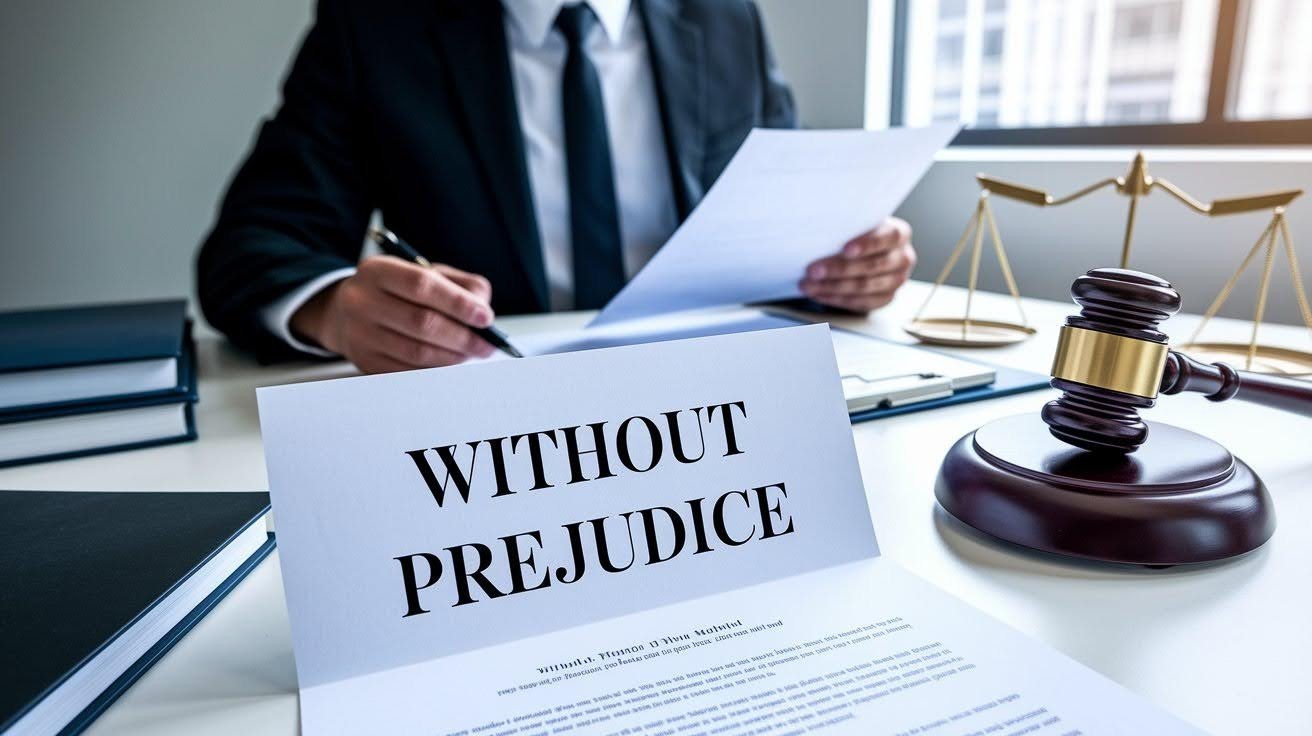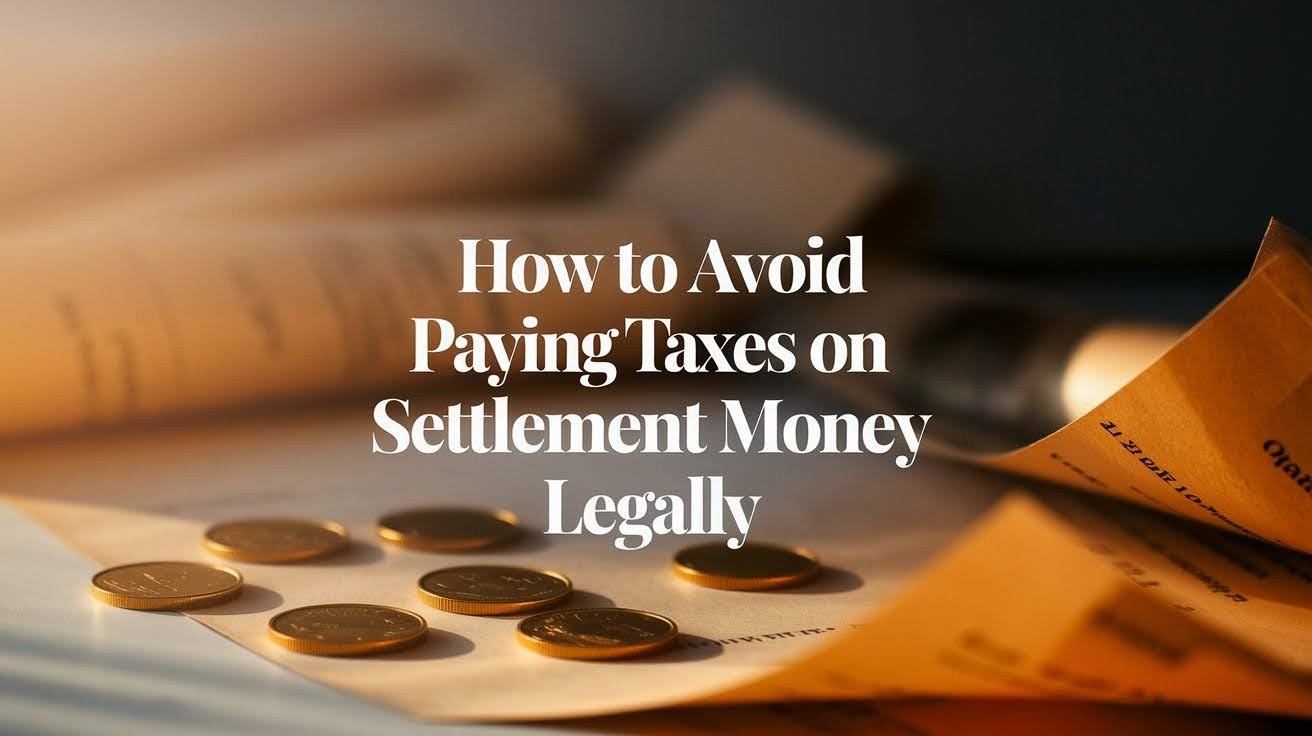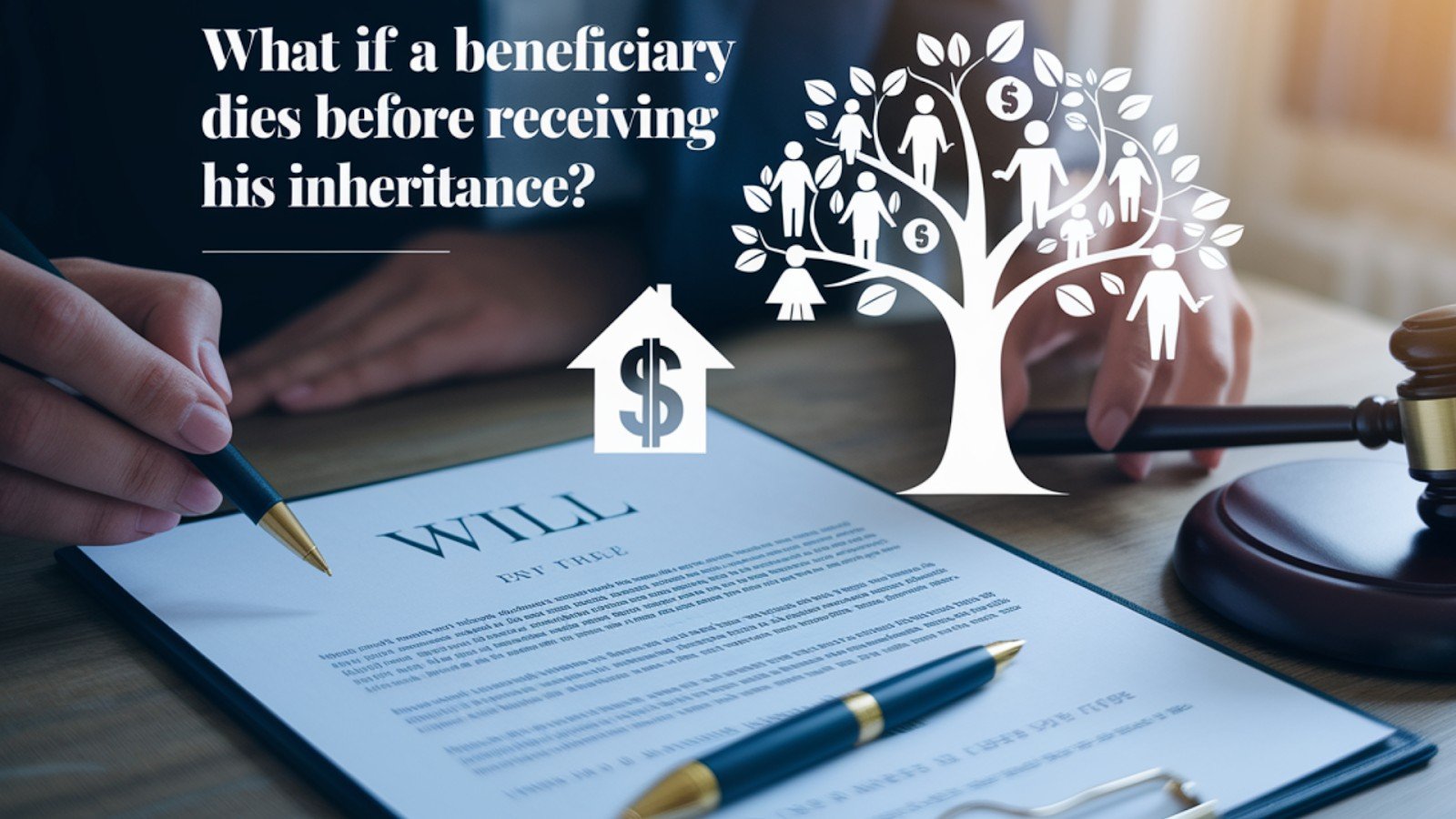Getting an eviction notice can be overwhelming. As a housing counselor who has helped hundreds of tenants, I know many people do not understand what a forcible detainer is until it is too late.
This guide explains everything you need to know about forcible detainer cases, including what they are, when landlords use them, and how to protect yourself.
You will get to know about the legal process step by step with the help of real court cases and state laws to confirm accuracy. Every year, millions of renters lose their homes simply because they did not know their rights or options.
You can avoid getting in trouble. The best defence you can have is knowledge. By having the information about the law, you can make informed decisions, know when to get help, and avoid heavy mistakes.
What Is a Forcible Entry and Detainer (FED)?

A forcible entry and detainer is a legal tool that landlords use when tenants refuse to leave. Think of it as the formal way to get someone out of a rental property through the courts. It’s basically your landlord saying “I want you out” in legal language.
You might also hear this called an “unlawful detainer case.” Both terms mean the same thing. The name just depends on which state you live in. Some states prefer one term over the other.
Here’s what makes FED cases tricky: Every state has different rules. What works in California might not work in Texas. The rules also change based on whether you rent a home, apartment, or business space.
When do Landlords Use Forcible Detainer Actions?

Landlords file forcible detainer cases mainly when tenants overstay leases, don’t pay rent, or break major lease rules.
Common Situations That Lead to FED Cases
Most FED cases happen for the same reasons. I’ve seen these situations over and over in my work with tenants. Your landlord gets frustrated and decides to take legal action.
The most common reason is when you stay past your lease end date. Maybe you thought it renewed automatically, but your landlord disagrees. This confusion leads to many court cases.
Not paying rent is another big trigger. Even being late by a few days can start the process in some states. Your landlord also might file if you break important lease rules like having unauthorized pets or guests.
Timeline Requirements
Time matters in eviction cases. Most states give you between five and seven days to fix the problem before your landlord can take you to court. This isn’t optional for landlords.
Your landlord must follow proper eviction notice rules exactly. They can’t just text you or leave a note on your door. The notice usually needs to be handed to you personally or posted in a specific way.
Your landlord cannot skip these legal steps. If they try to rush the process, you might win your case. Courts take these timing rules very seriously.
The Legal Process Step-by-Step

Landlords must give proper written notice and follow all eviction laws exactly – they can’t use illegal shortcuts like shutting off utilities or changing locks.
Before Filing an FED
Your landlord must follow strict rules before taking you to court. These rules protect you from sudden evictions. First, they must give you proper written notice that meets your state’s requirements.
Your landlord cannot take shortcuts during this time. They can’t turn off your water or electricity to force you out. They can’t change your locks or throw your belongings outside either.
All local eviction laws must be followed exactly. If your landlord messes up even small details, it could help your case later. Many landlords don’t know these rules well.
Filing the FED Case
Once your notice period ends, your landlord can file court papers. This starts the official eviction process. They’re basically asking a judge to order you out of the property.
The landlord’s claim is simple: you have no legal right to stay in the property anymore. They want the court to give them back control of their rental unit. They might also ask for money you owe.
The court will schedule a hearing within a few weeks. Both you and your landlord get to tell your side of the story. A judge will listen to evidence and make the final decision.
Court Hearing Process
You have the right to defend yourself in court. This is your chance to explain what really happened. You can bring witnesses and documents to support your case.
But here’s the catch: If you don’t show up, you lose automatically. The judge will give your landlord everything they asked for. This happens to many tenants who get scared or confused.
Smart tenants bring evidence to court. Your lease agreement, receipts, photos, and text messages can all help. Witnesses who saw important events can also testify for you.
Tenant Rights and Defenses

Tenants have many defenses against eviction, including improper notice, landlord lease violations, illegal eviction methods, and emergency hardships with proper proof.
Common Defenses Tenants Can Use
You’re not helpless in an eviction case. Many tenants have good defenses they don’t even know about. I’ve seen tenants win cases they thought were hopeless.
Your landlord might have given you improper notice or failed to follow the lease terms themselves. Maybe they used illegal methods to try forcing you out. These are all strong defenses.
Emergencies beyond your control can also help your case. If you lost your job due to illness or had unexpected medical bills, courts sometimes consider this. You need proof of these hardships, though.
What Tenants Need to Prove?
Evidence wins eviction cases more than good stories. I always tell tenants to think like detectives when gathering proof. Documents and photos carry more weight than just your word.
You might need a lawyer for complex cases, especially if lots of money is involved. Many legal aid offices help low-income tenants for free. Don’t wait until the last minute to ask for help.
Remember this important fact: You must prove your defense is valid. Your landlord only needs to show you didn’t pay rent or broke lease rules. The burden is on you to justify why that happened.
Conclusion
Now you know about the true meaning of a forcible detainer. Knowing all of the rules as well as all your rights makes it not quite as scary. Awareness empowers sound choices for housing situations.
Remember the key points. Your landlord must be following proper notice rules now. Time exists to fix problems or to respond. You can perform self-defense in court. You must be prepared when you show up.
I’ve seen too many tenants lose their homes, not knowing their options. You’re different now. Information that you can use to protect yourself is available to you.
Do you have some questions regarding your situation? Specifically, together, we can help more renters so that they understand their rights.
Frequently Asked Questions
What is a forcible detainer?
A forcible detainer is a legal action landlords use to remove tenants who refuse to leave after proper notice. It’s also called an unlawful detainer case. The court decides if the tenant must move out and pay any money owed.
How long does a forcible detainer case take?
Most forcible detainer cases move quickly through courts. After proper notice (usually 5-7 days), landlords can file. Court hearings typically happen within a few weeks. If tenants don’t show up, landlords win immediately.
Can I fight a forcible detainer in court?
Yes, tenants can defend themselves in forcible detainer cases. Common defenses include improper notice, landlord lease violations, or emergency circumstances. You need evidence like documents, photos, or witnesses to support your case.
What happens if I lose a forcible detainer case?
If you lose, the court orders you to move out and may require payment of back rent, court costs, and attorney fees. Law enforcement will remove you if you don’t leave voluntarily within the given timeframe.
Can I get my apartment back after a forcible detainer judgment?
In some states, tenants can pay all owed money within 5 court days after judgment to keep their housing. This includes rent, court costs, and fees. Some areas also accept emergency rental assistance to help tenants stay.










